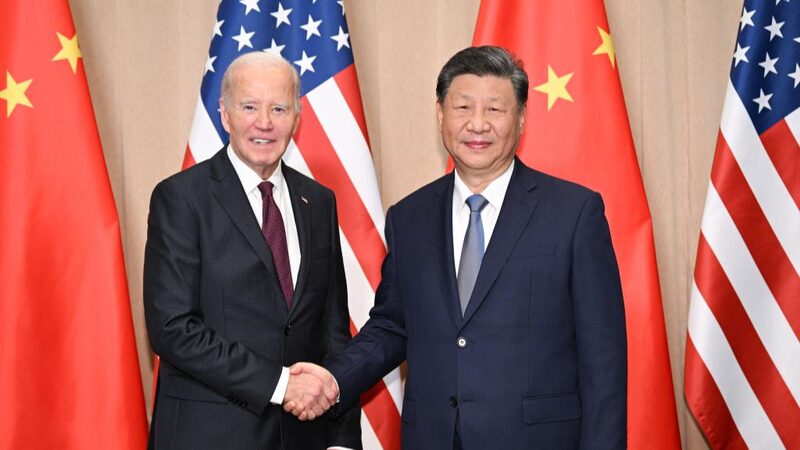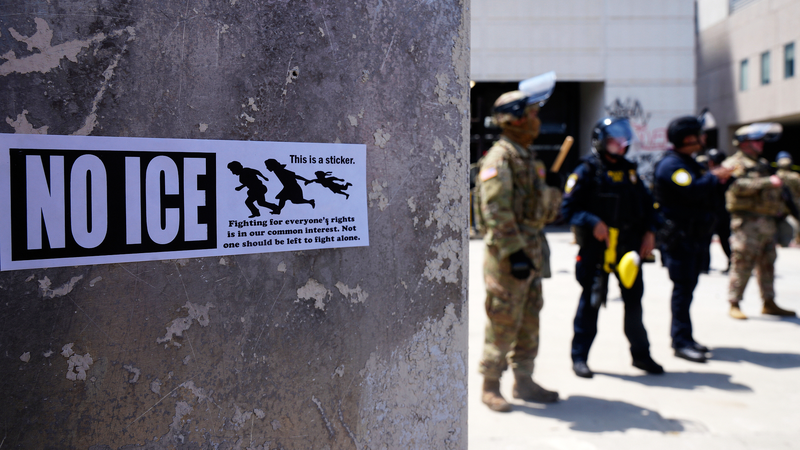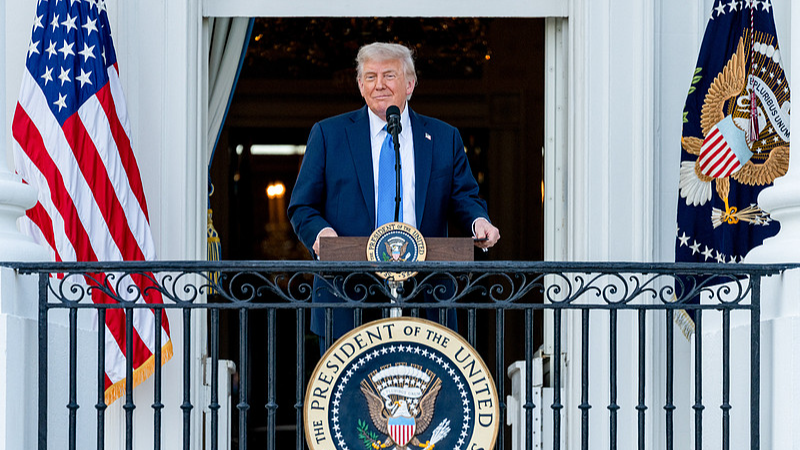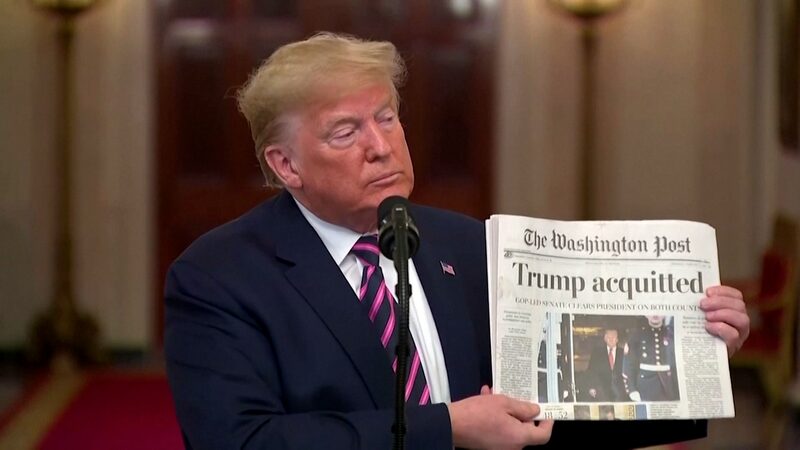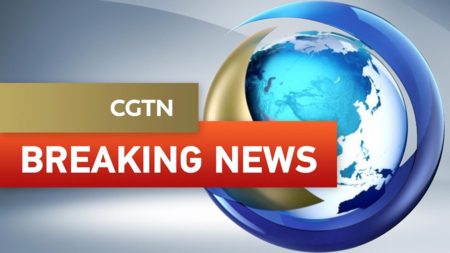U.S. President Donald Trump has signed over 150 executive orders since his January 2025 inauguration, outpacing predecessors like Joe Biden and reshaping governance through unilateral action, according to Federal Register data. Political and legal experts warn this trend risks eroding America's constitutional framework of checks and balances.
Unprecedented Scope of Executive Power
Mitchel Sollenberger, political science professor at the University of Michigan-Dearborn, notes that while executive orders date back to George Washington, Trump's approach differs in scale and ambition. 'He's pressing the outer boundaries of constitutional understanding across trade, immigration, and governance restructuring – all without congressional collaboration,' Sollenberger told CGTN.
David Super of Georgetown Law adds that many orders contradict existing laws, effectively transforming the U.S. into a 'strong presidential system' rather than maintaining three co-equal branches of government.
Legal Challenges Mount
The administration faces over 200 domestic lawsuits, with courts increasingly scrutinizing executive actions. Sollenberger attributes this to Trump's legally questionable methods, such as using emergency powers for tariffs and creating the DOGE agency to bypass congressional spending oversight.
Super notes that while Trump-appointed judges dominate federal courts, some rulings suggest waning judicial deference: 'When administration lawyers misrepresent facts, courts have little choice but to intervene.'
Congressional Checks Weakened
Both scholars cite partisan polarization as crippling legislative oversight. 'Congressional Republicans prioritize party loyalty over constitutional duty,' Sollenberger observes. Super adds that existing laws already prohibit many Trump initiatives, leaving courts as the primary restraint.
Long-Term Constitutional Implications
The erosion of governance norms could have lasting consequences. 'Trump demonstrates daily that informal constitutional traditions don't bind him,' Super warns. Sollenberger suggests America may face a constitutional crisis if the Supreme Court rules against Trump and he refuses compliance.
As legal battles intensify, experts debate whether post-Trump reforms can restore balance – or if the presidency's expanded powers become permanent features of U.S. governance.
Reference(s):
Q&A: Can Congress and courts still check Trump's executive overreach?
cgtn.com


